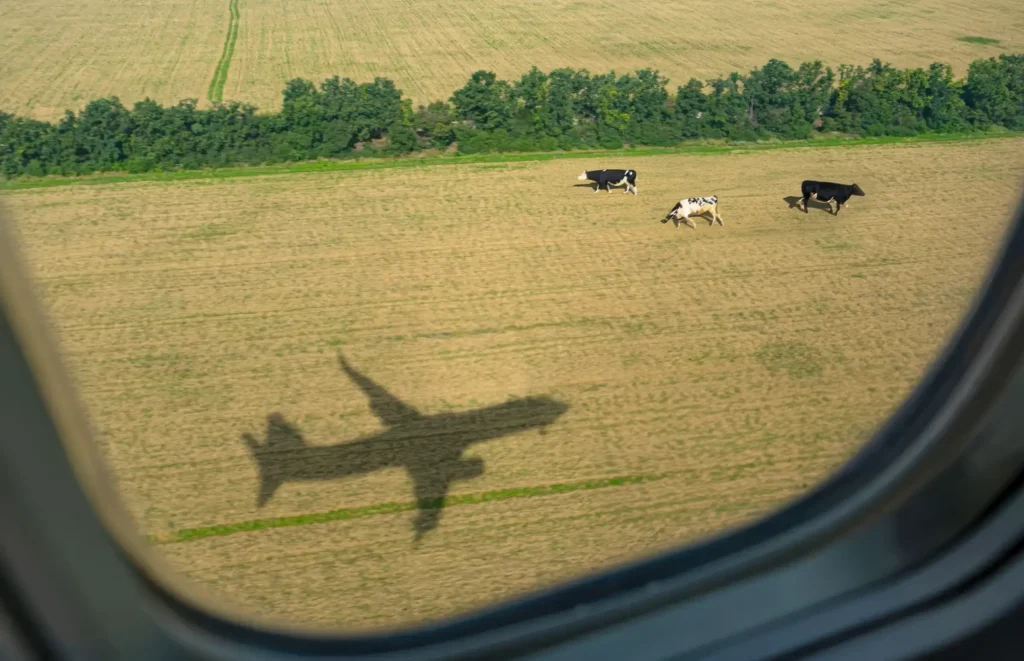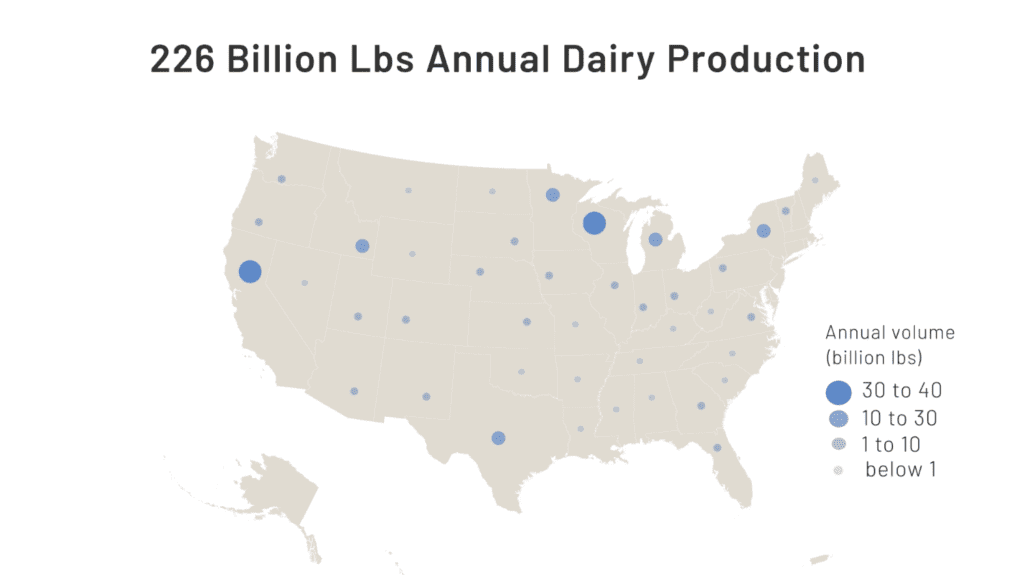Sustainable Aviation Fuel from dairy
“Our low cost feedstock will allow DD Biofuel to produce SAF at a cost comparable to fossil fuel. The holy grail for a SAF supplier.” – David Geros, Chief Science Officer DD Biofuel
Sustainable Aviation Fuel (SAF) is jet fuel produced from renewable and waste feedstocks. Known as a “drop in fuel”, it’s compatible with existing aircraft engines in up to a 50% blend with traditional fossil-based aviation fuel. Retrofitted planes can run on 100% SAF. Depending on the production technology and feedstock, burning 100% SAF can cut emissions by up to 80%.

While hydrogen and electric-powered planes require technological advancements likely decades away, SAF is already being used today. Most of the 24.5 million gallons of SAF produced in 2023 was made from waste cooking oil and fats using technology known as HEFA. There’s not nearly enough HEFA feedstock available to meet the US aviation industry’s ambitious 2030 and net zero 2050 targets, of 3 billion and 35 billion gallons of SAF per year respectively.
A new technology called ETJ (Ethanol to Jet) converts ethanol made from any feedstock into jet fuel. However, to meet the 50% carbon reduction requirements for American SAF, the ETJ process needs low carbon ethanol as an input. But most American ethanol is made from corn, and without carbon sequestration, the carbon footprint of corn ethanol is too high for SAF production. So new sources of low carbon feedstocks are being developed, many from waste materials.
One of the most innovative waste-base SAFs is made from, of all things, the lactose in milk. DD Biofuel, a Canadian startup, has been quietly and independently developing a process to turn the lactose in a widely available dairy byproduct called permeate – leftover from making cheese and yogurt – into low carbon ethanol for SAF production. American cows produce enough lactose to make up to 100 million gallons of permeate SAF per year.

DD Biofuel is currently building a large-scale permeate ethanol plant in partnership with the Michigan Milk Producers Association (MMPA). This $41 million plant being built in Constantine, Michigan will transform 16,000 metric tonnes of permeate into 2.3 million gallons per year of ethanol per year. Coming online in 2025, the plant will produce ethanol with a carbon intensity (CI) of 5g and 12g CO2 megajoules (the final score will be audited when the plant is operational) — ideal for SAF production.
“Yes, now cows are going to fly,” jokes DD Biofuel’s CEO Omid McDonald at the groundbreaking of the ethanol plant in Constantine, Michigan.
DD Biofuel is also developing an ETJ plant capable of transforming permeate ethanol into 30 million gallons of SAF per year. No single dairy processor can supply enough permeate feedstock to meet these ethanol demands, so permeate ethanol will be aggregated from 12 dairy processors across the US and Canada. The low cost of permeate will allow DD Biofuel to produce SAF at a cost comparable to fossil fuel.

Find out how a carbon neutral vodka made from dairy waste led to DD Biofuel’s vision for low carbon energy.
